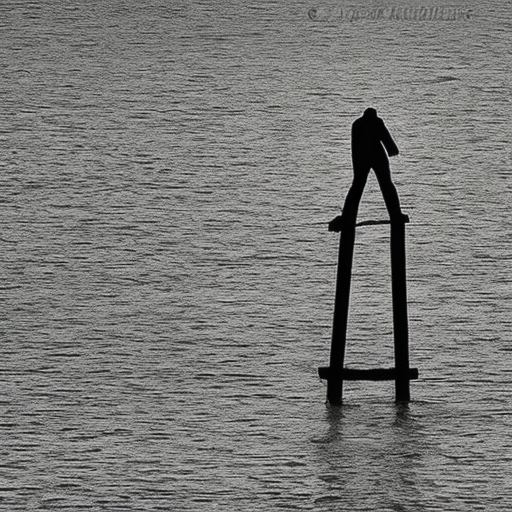Summary of “Unforgiven” by Clint Eastwood
Main Cast and Crew:
- Director: Clint Eastwood
- Writer: David Webb Peoples
- Main Actors: Clint Eastwood as William Munny, Gene Hackman as Little Bill Daggett, Morgan Freeman as Ned Logan, Richard Harris as English Bob
- Music Director: Lennie Niehaus
- Director of Photography: Jack N. Green
- Producers: Clint Eastwood, David Valdes
In Clint Eastwood’s “Unforgiven,” a retired gunslinger named William Munny is drawn back into a life of violence when he takes on a job to kill two cowboys who disfigured a prostitute. Set in the late 19th century, the film explores themes of redemption, the consequences of violence, and the myth of the Wild West.
The story begins with Munny, a widower struggling to make ends meet on his failing pig farm. He is approached by a young gunslinger named the Schofield Kid, who offers him a job to collect a bounty on the two cowboys. Reluctantly, Munny agrees and recruits his old partner Ned Logan to join him.
As they set out on their mission, they encounter various challenges and obstacles. They arrive in the town of Big Whiskey, where they encounter the ruthless sheriff, Little Bill Daggett. Little Bill has a reputation for brutalizing criminals and has banned firearms in the town. This poses a significant problem for Munny and his companions, who rely on their gunslinging skills.
While Munny and Ned scout the area, the Schofield Kid confronts one of the cowboys and kills him in a fit of rage. This act of violence sets off a chain of events that leads to a bloody confrontation between Munny, Ned, and Little Bill’s men. Munny’s past catches up with him as he confronts his own demons and seeks redemption for his violent past.
Central Themes and Motifs:
“Unforgiven” explores the myth of the Wild West and deconstructs the romanticized image of the gunslingers. It questions the notion of heroism and portrays the consequences of violence. The film also delves into themes of redemption and the complexity of human nature.
Reception and Legacy:
Upon its release in 1992, “Unforgiven” received critical acclaim and was a commercial success. It won four Academy Awards, including Best Picture and Best Director for Clint Eastwood. The film’s realistic portrayal of violence and its exploration of moral ambiguity resonated with audiences and critics alike.
“Unforgiven” is considered a landmark in the Western genre, as it challenged the traditional tropes and conventions of the genre. It influenced a new wave of Western films that embraced a more realistic and nuanced approach to storytelling. The film’s examination of the consequences of violence and its exploration of complex characters have made it a timeless classic.
Recommendation:
“Unforgiven” is a must-watch for fans of Westerns and those interested in thought-provoking cinema. Clint Eastwood’s masterful direction, coupled with powerful performances from the cast, creates a gripping and emotionally resonant experience. The film’s exploration of themes such as redemption and the consequences of violence elevates it beyond the confines of the genre.
Memorable Quote:
“It’s a hell of a thing, killing a man. You take away all he’s got and all he’s ever gonna have.” – William Munny












